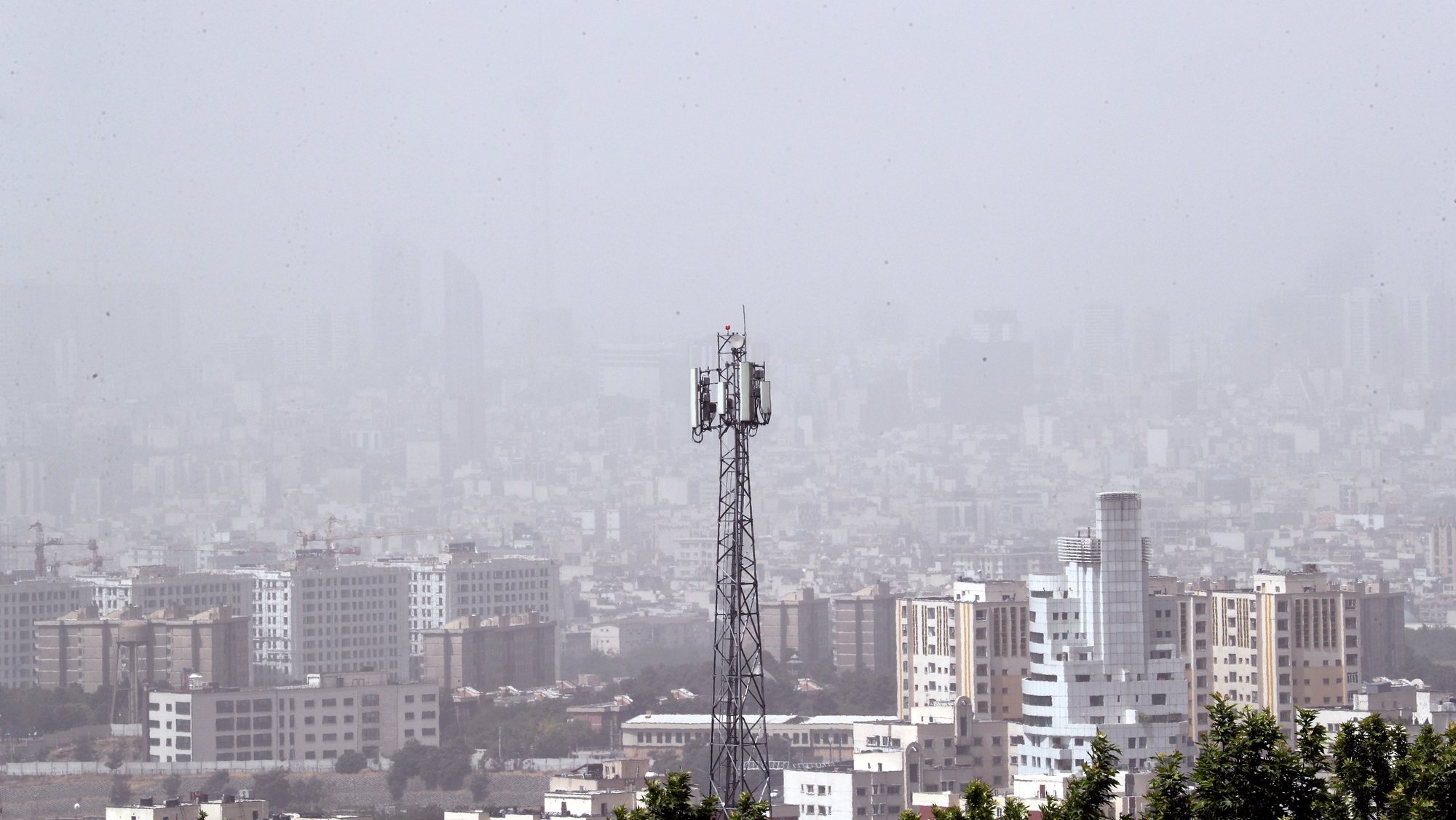Air pollution and particles linked to climate change increase cases of lung cancer in non-smokers, according to research published this Saturday at the European Society for Medical Oncology (ESMO) congress in Paris.
The study, conducted by scientists at the Francis Crick Institute and University College London, reveals that particles found in car exhaust and fossil fuel smoke promote cancerous changes in airway cells and lead to to more cases of lung cancer than non-small cell in people who have never smoked.
According to oncologist and research coordinator Charles Swanton, scientists have found the presence of the mutated EGFR gene in at least half of people with lung cancer who have never smoked in their lives.
EGFR (which in Portuguese can be translated as “Epidermal Growth Factor Receptor”) is a protein found on the surface of cells, which normally helps them grow and divide, being considered a therapeutic target for cancer treatment of lung.
The study reveals that cells with mutations in the EFGR and KRAS genes can become cancerous when exposed to air pollutants, reports the Spanish news agency EFE.
According to the Spanish news agency EFE, about half a million people living in England, South Korea and Taiwan participated in this study.
The research coordinator acknowledges that the risk of lung cancer due to pollution is lower than that of smoking, but points out that more people around the world are exposed to dangerous levels of air pollution than to the toxic chemicals caused for a cigarette.
We have no control over what we breathe, but we do have the option to smoke.”
Mutations in the EGFR and KRAS genes are present in normal lung tissue (18-30%) and, according to the researchers, are likely a consequence of aging.
However, when these mutations are exposed to pollution, more cancers are seen, suggesting that environmental pollution promotes cancer initiation in cells harboring driver gene mutations.
The researchers now want to find out why some cells with mutations become cancerous when exposed to contaminants and others do not.
In the future, the researchers intend to work on the early detection of precancerous lesions and try to reverse them with medication.
The study concludes that since the consumption of fossil fuels goes hand in hand with pollution and carbon emissions, oncology professionals have a duty to put an end to this situation, both for environmental and health reasons.
Source: Observadora
